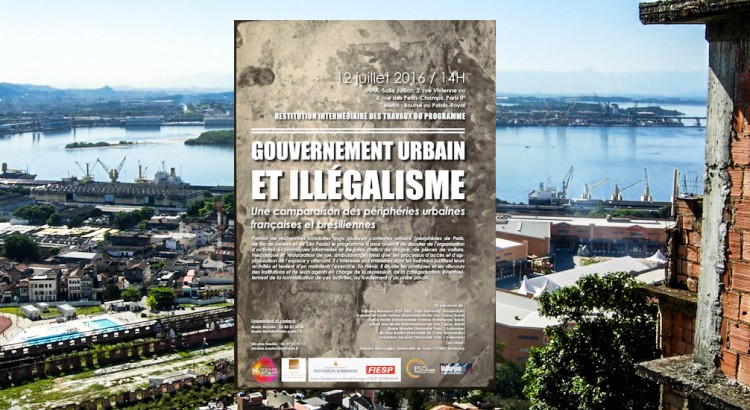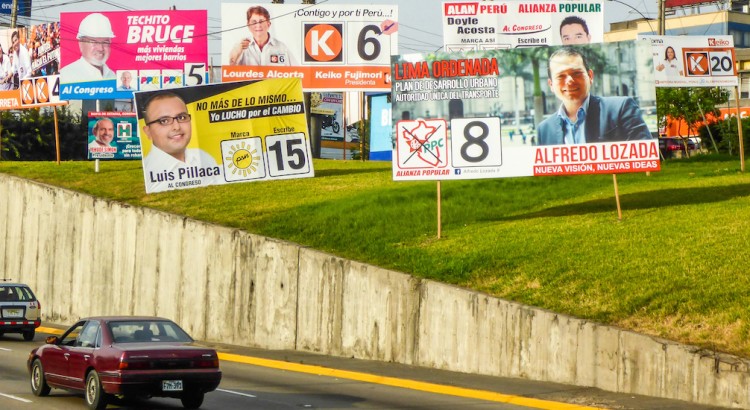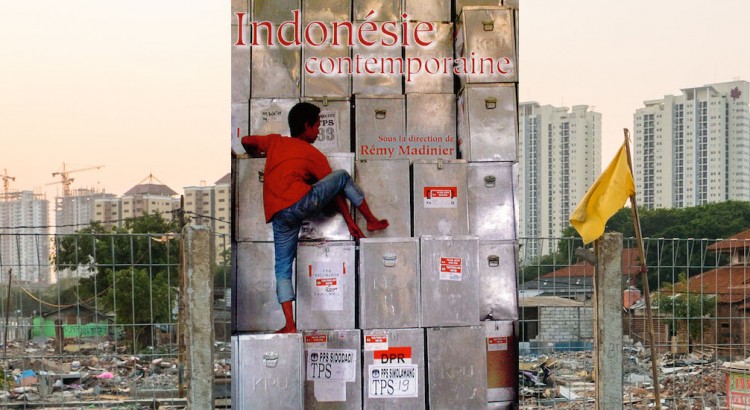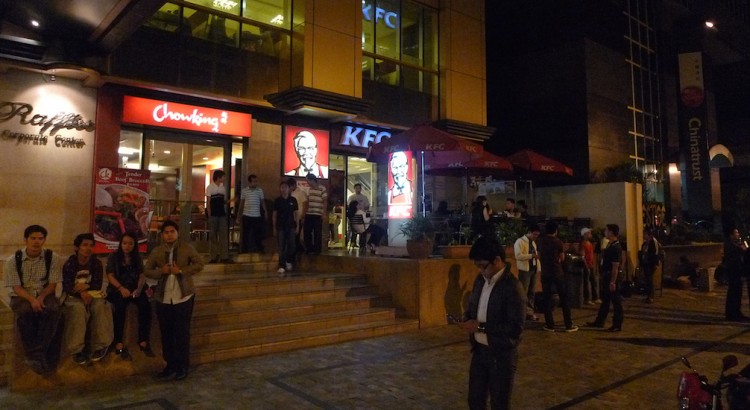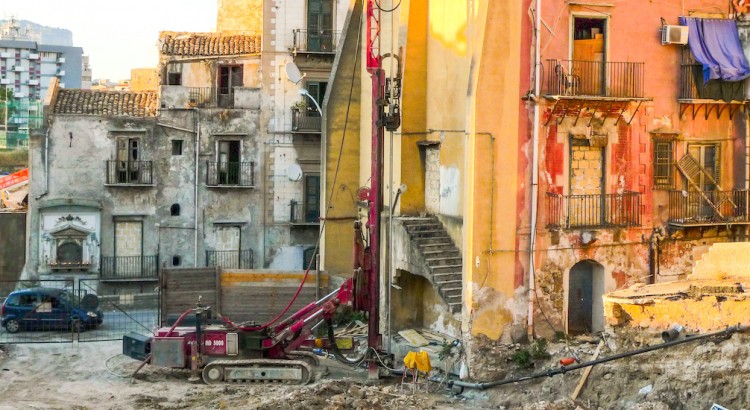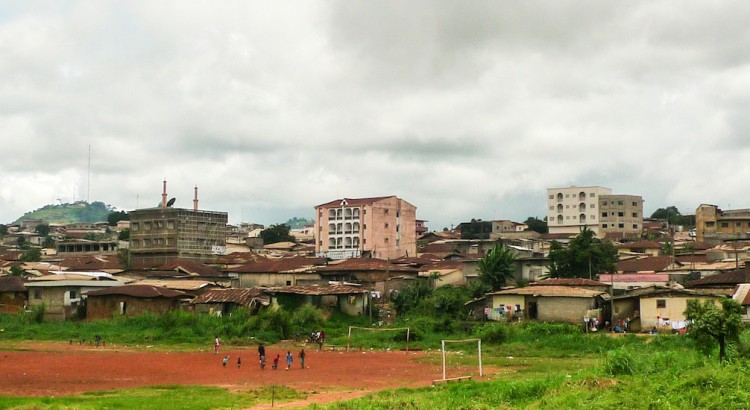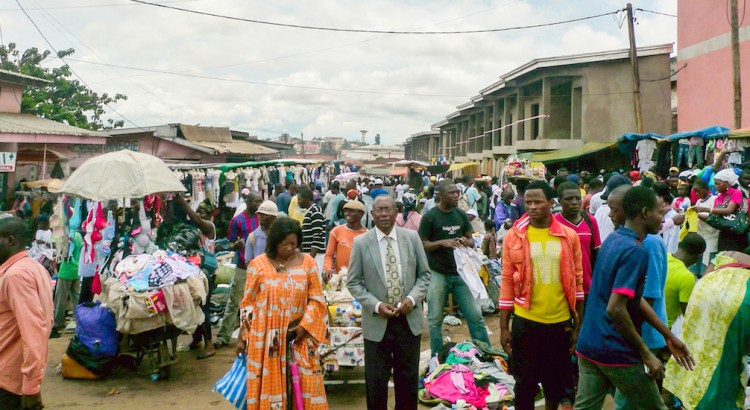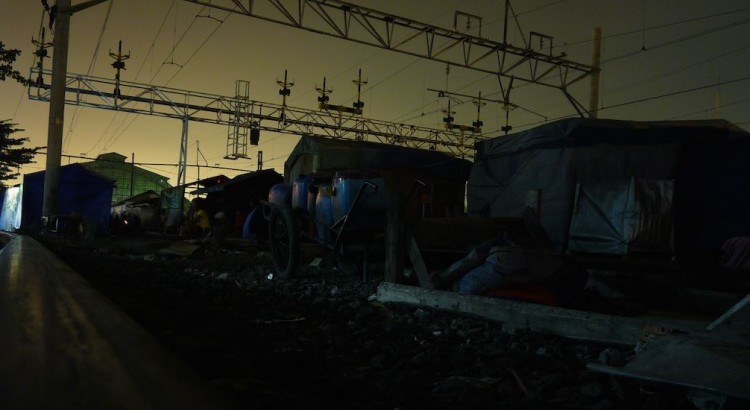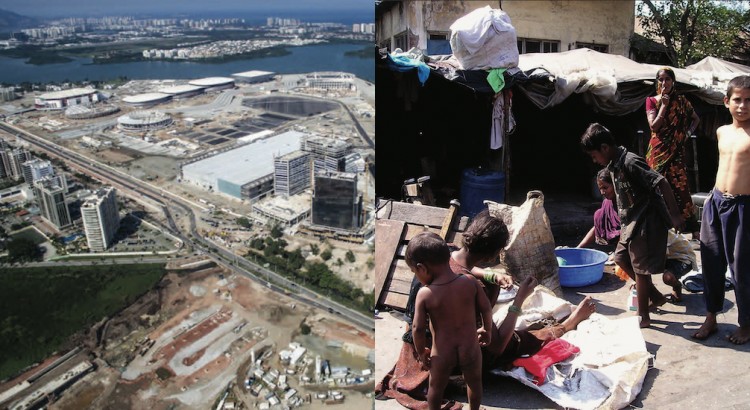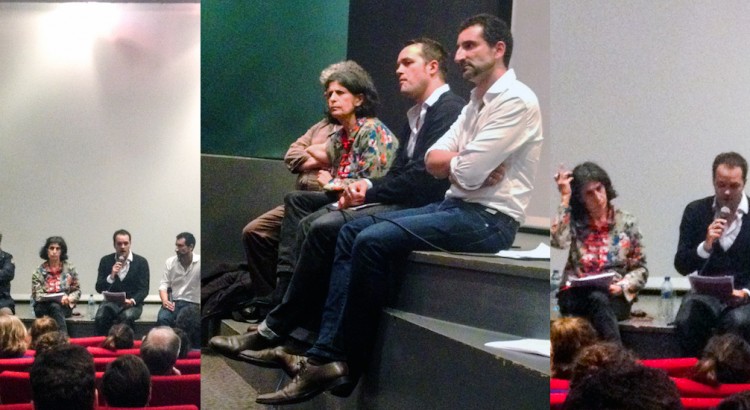This program in which several members of Inverses take part (Nicolas Bautès, Sébastien Jacquot and Marie Morelle) aims to discuss the organisation of illegal and informal activities (drug and cars’ traffic, street mechanics, street fooding, ambulant activities) in the urban peripheries of Paris, Sao Paulo and Rio de Janeiro).
It studies the way people justify their activities and try to maintain it. It analyzes the practices and discourses ofthe institutions (and their agents) in charge of the repression, categorization, and sometimes formalization, of those activities, in order to maintain an urban order.
Finally, the program discusses the urban reconfigurations that occure in various contemporary economical and political contexts, and develops comparisons as part of its methodological approach, in order to break down the barriers of urban studies.
